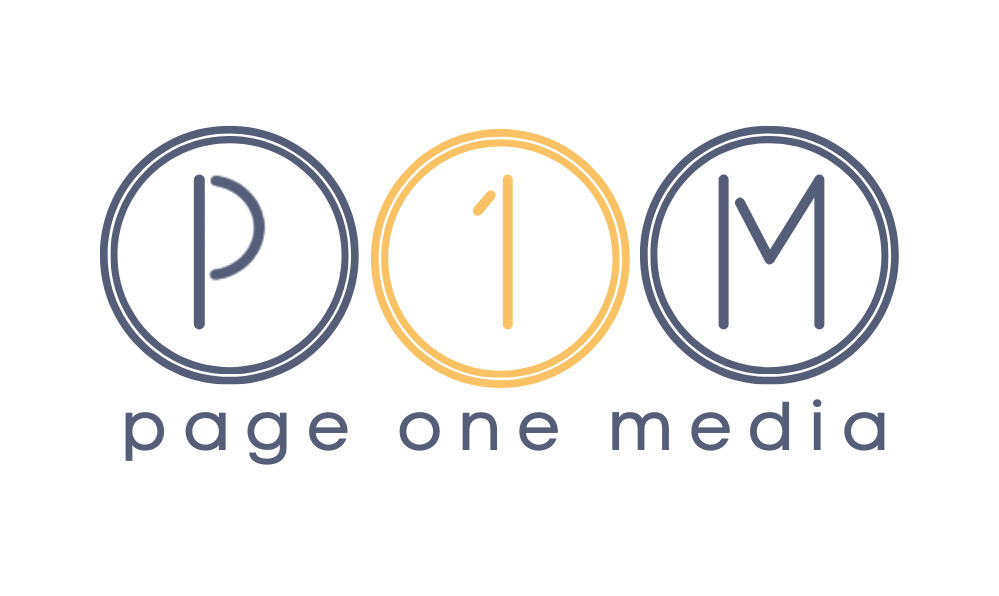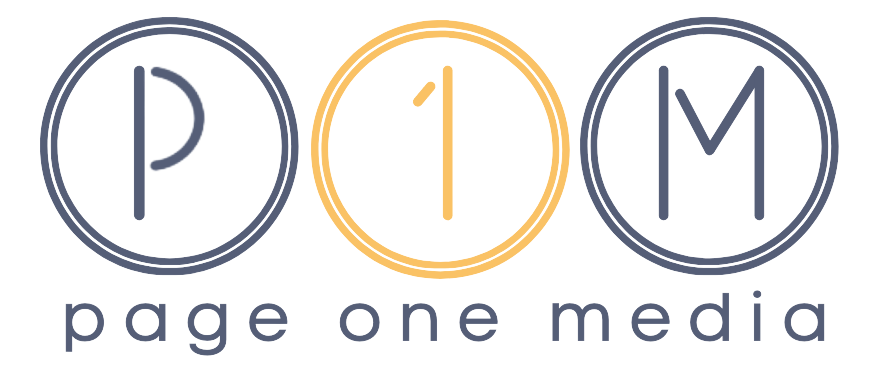
28 Feb What Everyone Needs to Know About Book Publishing Part 1: The Early Stages
We get all kinds of questions here at Page One, and we’re going to do a short series that addresses myths and misconceptions across the full publishing process. In three posts we are going to cover book deals, advances, and agents, who’s who in-house, publishing timelines, and much more. I hope you’ll join us for all three and share them with anyone who is mystified by the publishing process. We’ll start with the early stages of publishing and move along from there.
Wading Into Publishing*
A question many writers ask me before they even have a proposal is: Do I need an agent to sell my book? The answer here is simple: it depends on what you’re hoping to achieve. If you want a big deal at a major house, yes, you definitely do. If you’re an academic who is hoping to publish with a university press or you wrote a literary novel and have plans to pursue an indie press, you don’t need an agent. You need a great proposal that follows traditional proposal structure (Laura Portwood-Stacer’s Manuscript Works runs an online proposal program for academics but there are others out there for more general interest writers).
Carefully researching the publishing houses and editors (or agents) you want to submit to is critical. No one appreciates having their time wasted and sending a proposal to an editor who doesn’t work with your type of book just shows them that you haven’t bothered to learn what they publish. You can utilize a resource like Publishers Marketplace to research editors or Poets & Writers Guide to Literary Agents for agents, and learn what they are acquiring. Follow their guidelines and requirements to the letter if you want to have a chance of moving to the review stage.
Getting a Book Deal – Who Makes the Decisions?
Buying a book isn’t a solitary process. An editor will make a decision on whether a manuscript is brought to the editorial board but they’re not the final say in acquiring the book. Not all ed boards are alike but typically they include the full editorial team and representatives from publicity, marketing, and sales. Your proposal will be circulated the week before for reading and everyone comes prepared to discuss the book’s potential. If publicity feels the book doesn’t have an opportunity in the media marketplace or if sales says there’s already a best seller eating up all of the air in the room, the manuscript probably isn’t going to make it much farther. If your manuscript has been submitted to an academic press, there’s also the peer review process to get through. If the advance on offer is very high, the publisher and the finance department may also have to sign off.
Everyone across the in-house teams needs to be in agreement that the book has significant potential for sales. You can show that in your proposal by highlighting reader communities that you are connected to, your publicity history for past projects, your professional connections and relationships that will benefit the book, and your speaking schedule or other opportunities or places where books will be sold. The publisher will do their part, but they will also expect you, as the author, to carry some of the promotional weight.
The Realities of Advances
You may know this already, but advances vary…wildly. Some books receive no advance at all, some may receive a small, “token” advance in the few thousands of dollars, many are in the mid-range (five-figures to the low six-figures), and some can receive huge sums. As wonderful as a huge sum of money can be, it should be understood that given the 400,000 or so books published annually, the small handful that receive a seven-figure advance have hit the publishing lottery. We should all be so lucky.
Receiving a six-figure advance is an author’s dream but it can also be a curse. The “advance on royalties” concept means that publishers expect the book to “earn out” that advance. If the book doesn’t earn out, the author never sees any royalties and will find it challenging to get another book deal and certainly won’t get another book deal at that same level.
For more on advances and royalties, head over to this post on our blog called “How Do You Make a Living as an Author?”
Diving Into the World of Agents
There are many wonderful agents out there and their work can be transformative for an author. All agents are different and finding the right one is a matter of understanding what they are looking for and making sure you understand your own goals and expectations. Your agent, like your publicist, will stand by you for a very long time and become a friend and trusted colleague if you let them guide you with their expertise.
Publishers Marketplace and Poets & Writers, which I mention above, are where I would start searching for an agent who is interested in your work. Be sure that you understand what your book is (history, science, literary fiction, genre, to name a few) and that you are approaching the right agents who work with your type of book. The acknowledgements in a book can be a good place to seek out agents as well. Look for books that you feel have an affinity with your book and see who represented those. Make yourself a list of ten or twenty and work your way through the list. No agents want you to send your manuscript unsolicited (editors feel the same way), but they will take a query letter and then you have to be patient and wait for someone to request more pages from you (or not, as the case may be).
Reputable literary agents don’t request reading fees or other upfront fees, in my experience. An agent is paid a percentage of your advance and royalties in perpetuity. Agents are very selective, as they should be. They don’t get paid if they can’t sell the book so there is a lot riding on every author they take on. There are no guarantees in publishing and if your agent can’t sell your manuscript, it doesn’t necessarily say anything bad about them, that’s just the luck of the draw this time.
What Everyone Needs to Know About Book Publishing – Part 2
Next month we will look at the next stage of publishing, after your book has been sold: internal timelines, who does what in-house, the mystery that is sales, and blurbs! I hope you’ll join us.
*This post is about traditional publishing. We’re not addressing hybrid or self-publishing here. If you are looking for more information about hybrid publishing, I highly recommend Jane Friedman’s blog which includes a number of posts by industry experts on this topic.
Sarah Russo is the founder of Page One Media and a publishing professional for over twenty years. You can connect with her on BlueSky @sarahrusso.bsky.social, Instagram, and LinkedIn. You can follow the work of Page One Media on LinkedIn, @pageonem.bsky.social on BlueSky and @pageonem on Instagram.


